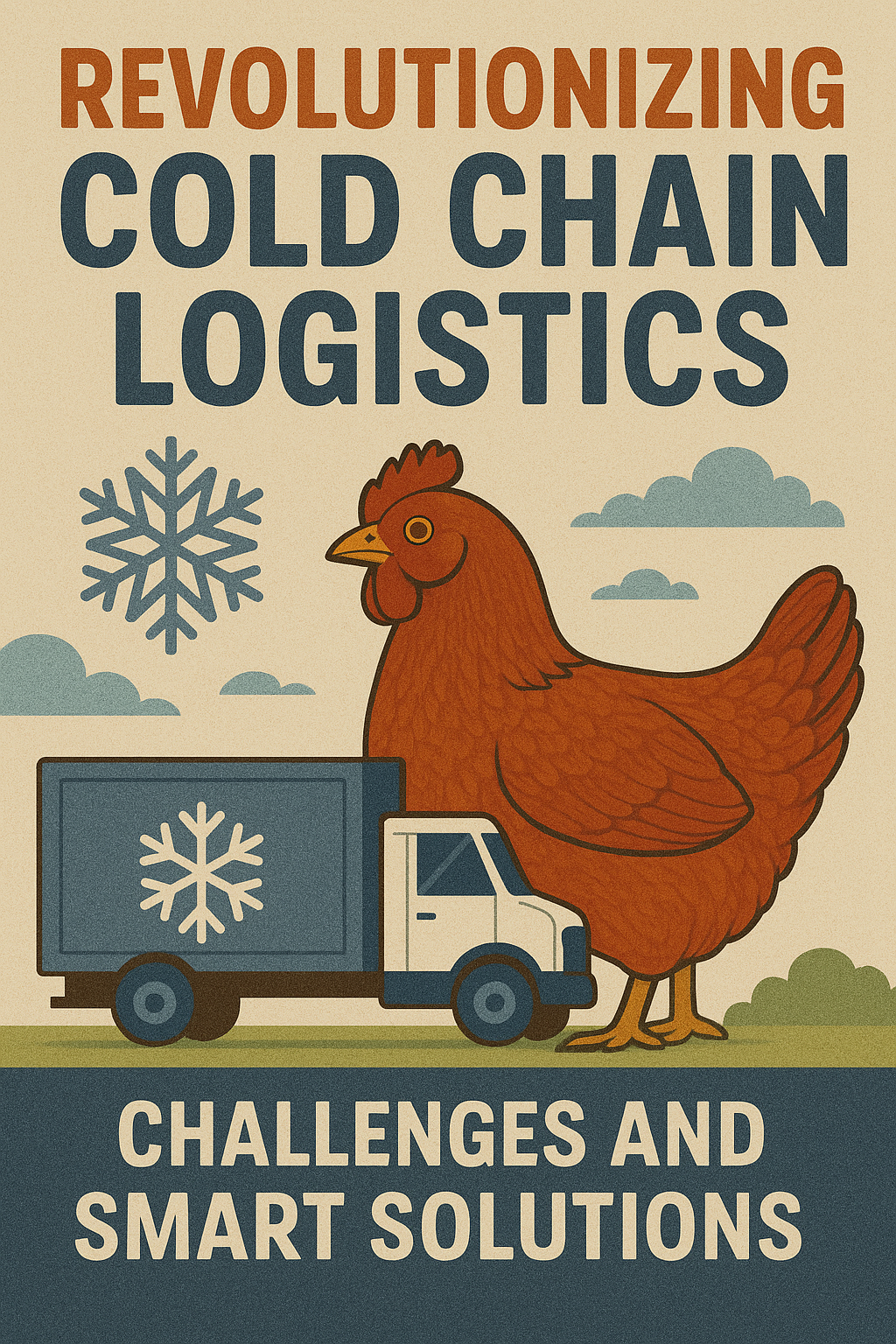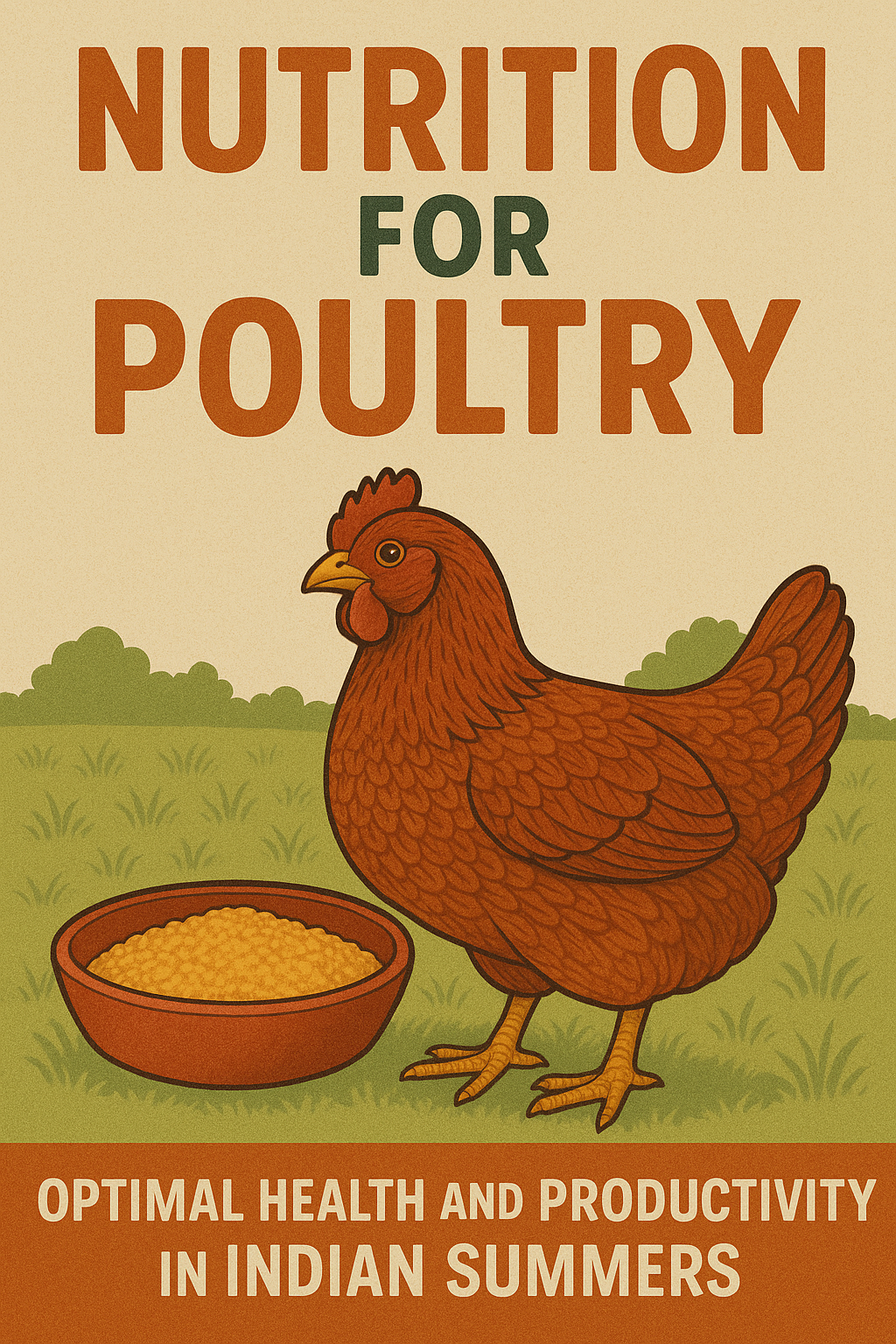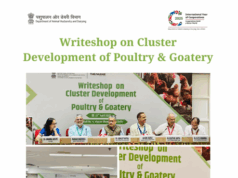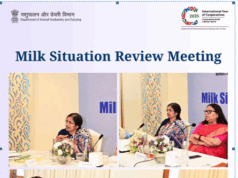
ICAR-Sponsored Winter School Inaugurated at ICAR-IARI, Assam
The inaugural session of the ICAR-sponsored Winter School on Optimizing Natural Resources through New Age Technologies for Smart Agriculture commenced today at the ICAR-Indian Agricultural Research Institute (ICAR-IARI) Assam campus, located in Gogamukh, Dhemaji, Assam. The event marked the beginning of an intensive three-week training programme designed to equip participants with cutting-edge knowledge and practical skills essential for addressing the evolving challenges of modern agriculture. Under the esteemed leadership of Dr. Ch. Srinivasa Rao, Director, ICAR-IARI, the training programme aims to foster innovation, enhance resource efficiency, and promote sustainable agricultural practices using advanced technological interventions.
Importance of the Programme
The Chief Guest, Dr. R.N. Padaria, Joint Director (Extension), ICAR-IARI, delivered an insightful keynote address, stressing the significance of natural resource management in overcoming present and future agricultural challenges. He emphasized the urgent need for technology-driven, location-specific solutions to empower farmers, ensuring increased productivity while maintaining ecological balance. Dr. Padaria also encouraged the formation of informal information-sharing networks and research collaborations, which can enhance the practical applicability of scientific advancements. Furthermore, he highlighted the importance of cross-sector partnerships, urging agricultural institutions to collaborate with government agencies, private organizations, and farmer groups to scale up research efforts and implement sustainable agricultural solutions.
The Guest of Honor, Dr. D.K. Jha, Principal, Gogamukh College, underscored the transformative impact of technological innovations in agriculture, particularly in improving the livelihoods of farmers in the North-Eastern region of India. He commended ICAR-IARI, Assam, for its dedicated efforts in organizing this Winter School, acknowledging its critical role in pioneering agricultural research and development in the region. He emphasized that scientific advancements, when effectively disseminated to farmers, can lead to higher yields, better resilience to climate change, and improved soil and water conservation.
A Hub for Knowledge Sharing and Capacity Building
The Winter School is envisioned as a dynamic platform where participants will engage in knowledge exchange, skill enhancement, and collaborative innovation. The programme includes interactive lectures, hands-on training sessions, practical demonstrations, and exposure visits to research farms and progressive agricultural enterprises. Experts from leading agricultural institutions, research organizations, and industry partners will provide in-depth insights into cutting-edge technologies, including precision farming, artificial intelligence in agriculture, climate-resilient farming techniques, and advanced soil and water management practices.
Coordinated by Dr. S. Manivannan (Course Director), along with Dr. L. K. Baishya, Dr. Alemwati Pongener, and Dr. Dibyendu Deb, the programme has attracted a diverse group of participants from multiple disciplines and states across India, including Andhra Pradesh, Arunachal Pradesh, Assam, Karnataka, Uttar Pradesh, Tamil Nadu, and Tripura. The geographical and disciplinary diversity of the participants ensures a rich learning environment, fostering a multi-dimensional approach to solving agricultural challenges through innovative and technology-driven solutions.
By the end of the three-week training, participants are expected to acquire practical expertise and theoretical knowledge that will enable them to implement efficient resource management strategies in their respective fields. The programme also aims to nurture future agricultural leaders, equipping them with the necessary tools to drive change and implement innovative agricultural solutions in their respective regions.
This Winter School at ICAR-IARI, Assam, serves as a testament to India’s commitment to scientific excellence and sustainable agriculture, ensuring that future generations of farmers have access to better technology, research-based insights, and holistic farming solutions for a more resilient and productive agricultural sector.




















